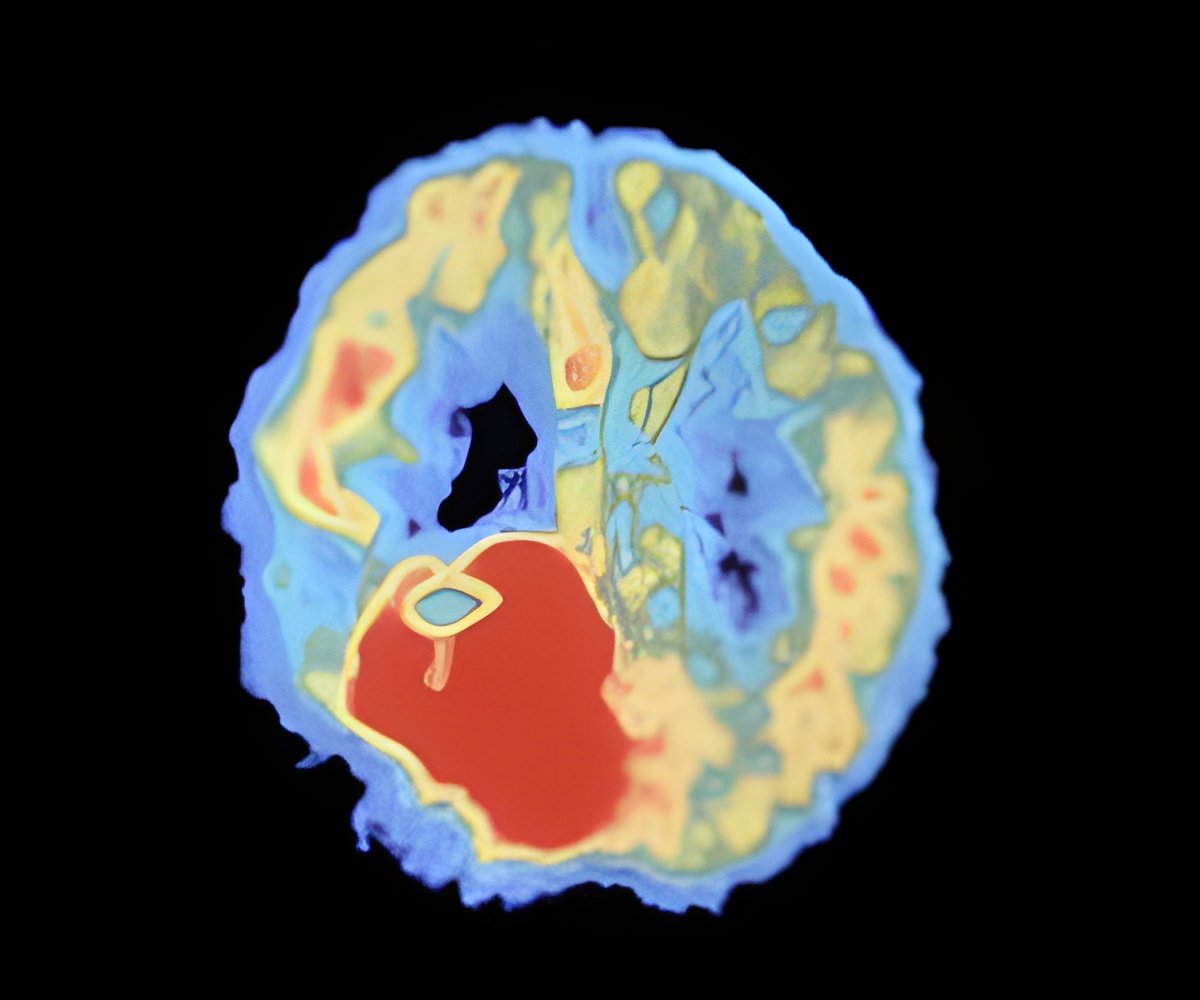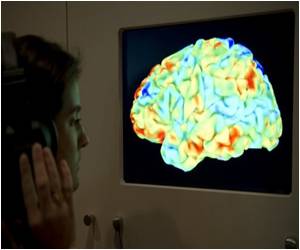The same brain cell abnormalities are shared by several psychiatric conditions such as schizophrenia, autism and intellectual disabilities.

Synapses are essential for communication between brain cellsOur brain contain more than 100 billion brain cells (neurons) that contact each other in the so-called synapses, the place where signals are passed from one cell to the other. Synapses are like small "relay stations" containing around 2000 proteins that need to be regulated in a very controlled manner. Any small dysfunction of this cellular area can result in a brain disease. Autism, schizophrenia and intellectual disabilities (Down Syndrome, Fragile X Syndrome, Alzheimer Disease) are only a few examples of brain conditions that are linked to poorly functioning synapses.
The Fragile X SyndromeClaudia Bagni and her team have pioneered the molecular studies on the Fragile X Syndrome, the leading cause of inherited intellectual disability. Patients often show autistic-like behavior, anxiety, aggression, hyperactivity and self-injurious behavior. The condition is caused by the absence of the Fragile X Mental Retardation protein (FMRP) that is involved in supplying the correct building blocks for the synapse. Claudia Bagni's team had previously demonstrated that FMRP forms a complex with CYFIP1 to regulate this supply.
Shaping our synapsesBagni's group has now identified a key function of CYFP1 at synapses. CYFIP1 orchestrates two biological processes: together with FMRP, it acts to regulate the protein supply at synapses and when bound to another complex (WRC), controls actin polymerization, a scaffold of brain cells. These findings lead to the "hub" model, in which the same complex, having CYFIP1 at the center, might be affected in apparently different diseases. A disrupted balance between the two functions results in abnormal contacts between brain cells. Silvia De Rubeis, Emanuela Pasciuto and Claudia Bagni (VIB/KU Leuven/Tor Vergata-Rome) have exposed the molecular mechanisms that ensure that this balance is maintained.
The important function of CYFP1 was underlined further by the discovery that many proteins that interact with CYFP1 were already associated with (hereditary forms of) brain conditions. The VIB scientists suggest that mutations in the proteins working together with CYFIP1 might perturb the balance of the interaction networks thereby triggering a spectrum of pathological processes at synapses that can lead to a broad range of clinical manifestations such as intellectual disabilities, autism and schizophrenia. This study offers new perspectives for a better understanding of these still not understood brain conditions.
Source-Eurekalert
 MEDINDIA
MEDINDIA


 Email
Email










